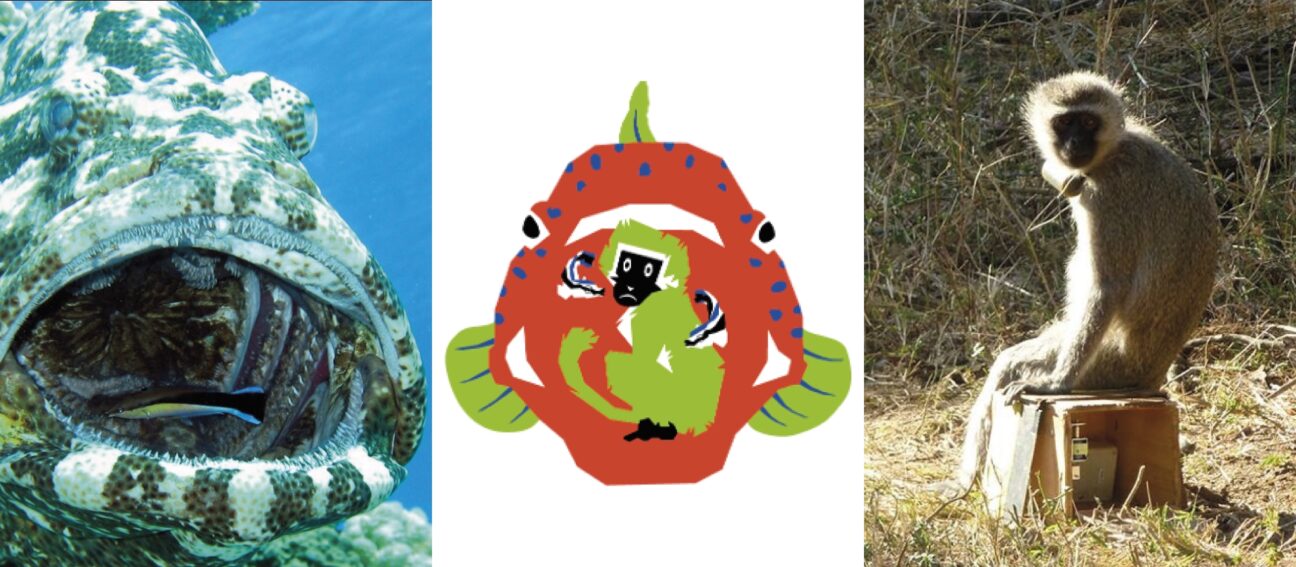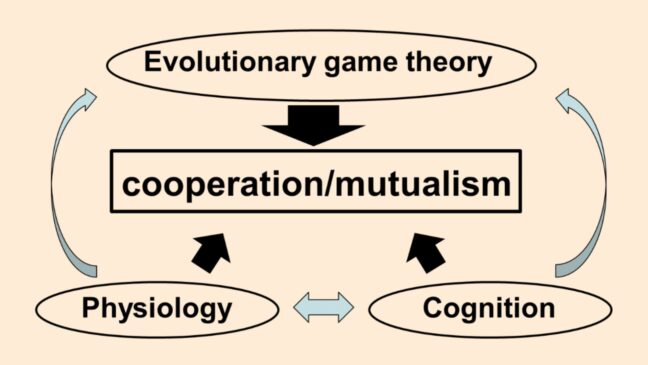
The Lab
Behavioural ecology uses an evolutionary approach to study animal behavior. The discipline focuses on the adaptive value of behavior patterns in relation to survival and reproduction. While the initial focus was purely on function, it has become evident in recent years that we need to understand the underlying mechanisms and how they may evolve in response to natural selection in order to better understand individual decision-making. By broadening our research, we hence follow a cheeky definition formulated by Alex Kacelnik, namely that behavioural ecology is anything that is of interest to behavioural ecology.
Our main research aim is to understand why individuals may help each other for direct fitness benefits, termed ‘cooperation’ within species and ‘mutualism’ between species. The general answer is well established: genes are not ‘selfish’ but ‘self-serving’, and hence there are conditions under which helping others is under positive selection. The challenge for empiricists is to understand the ecology, the physiology and cognitive tool kit of species, or even of individuals within species, in order to understand decision-making and hence the conditions under which stable cooperation or mutualism emerges.
The research is summarized in the figure to the right.
